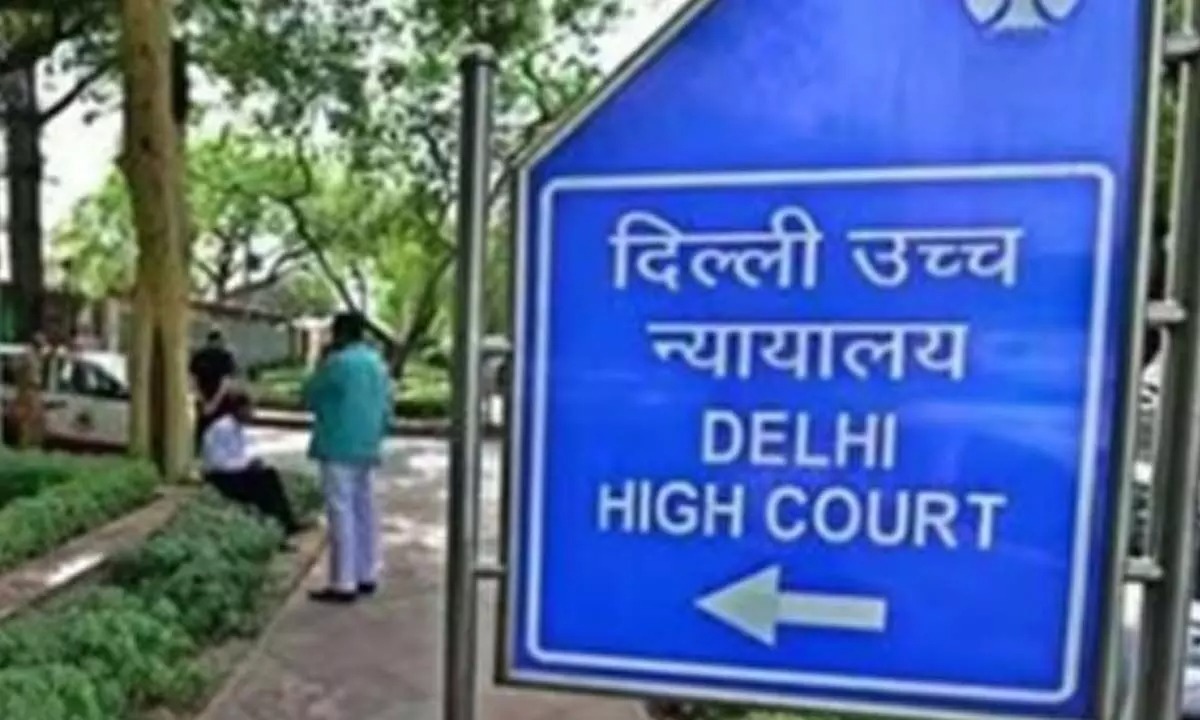Tapan Mukherjee, J.@mdashThe C.O. arises out of an order passed by West Bengal State Consumer Disputes Redressal Commission in S.C. Case No. F.A.41 of 2008.
2. The opposite party filed complaint u/s 12 of the Consumer Protection Act before the District Consumer Disputes Redressal Forum, Muchipara, Burdwan which was registered as OF Case No. 20 of 2004.
3. The complainant alleged that he purchased a Tractor with Trailor from the Firm named Farmer''s Friend and Engineers Private limited on instalment through Burdwan Co-operative Agricultural and Rural Development Bank limited and he paid Rs. 70,000/- to the aforesaid concern and took delivery of the Tractor and Trailor through the aforesaid flank by executing an agreement and mortgaging 10 big has of his own land along with 5 big has 12 kathas of land of the family members with the aforesaid bank. The bank authority refused to give him a copy of said agreement but informed him that he should clear the price money in 9 consecutive year. He paid first instalment in the year 2001 but he failed to pay the third instalment in the year 2003 due to low production and low business out turn. The bank authority did all these simply with a view to grab the whole of the land properties of the petitioner''s and his family members along with his vehicle and in the month of Chaitra in 1410 B.S. some bank officials went to the petitioner''s place and took away the tractor and trailor along with his own materials from his possession and without help of the tractor he was unable to cultivate the land and the petitioner requested the bank authorities to release the vehicles but unfortunately the bank did not do the same and hence the complainant filed the complaint before District Forum praying for direction upon the bank to return the seized vehicle.
4. The bank contended that the dispute is triable by Registrar, Co-operative Societies under provisions of the West Bengal Co-operative Societies Act. The complainant failed to repay the loan amount and surrendered the said tractor with trailor on 29.8.03 and stated that he will not be able to pay the instalment of the loan amount. The bank has authority to realise the loan amount by selling the mortgage property.
5. During hearing of the case, learned Advocate of the complainant argued that in Kabita Basuli''s case Hon''ble Justice Soumitra Sen of this Court observed that due to failure of payment of instalment the Bank cannot seize the vehicle at its own will and the Bank cannot sell that vehicle and the vehicle should be kept under the custody of police till the final hearing of the case and in view of the said judgment the bank may be directed to return the vehicle. Relying on the said judgment DF Case was disposed of directing the Bank to return the tractor with trailor to the complainant within one month and the complainant was given time to repay the loan amount.
6. Being aggrieved by the said order the Bank moved the State Consumer Disputes Redressal Commission, West Bengal in filing S.C. Case No. FA/2008/41 and the appeal was dismissed.
7. Being aggrieved the Bank preferred this revision.
8. It was contended by the learned Lawyer for the petitioner that in disposing of the complaint the Consumer Forum and in disposing of the appeal the State Consumer Disputes Redressal Commission relied upon the so called decision of this High Court in Kabita Basuli''s case. The said decision is not a reported decision. It is now known whether there is existence of such decision. The decision, if any was not produced by the complainant/opposite party and reliance was placed not on the judgment but on the paper cutting the authenticity of which is subject to challenge and learned Consumer Forum was wrong in disposing of the complaint on the basis of paper cutting.
9. It has further been contended by the learned Counsel for the petitioner-Bank that the State Consumer Disputes Redressal Commission erred on the face of record by dismissing the appeal relying on Kabita Basuli''s case reported in two newspapers.
10. Learned Counsel has further contended that the High Court has got the superintendence power conferred on it under Article 227 of the Constitution of India and it can interfere when there is manifest illegality in the order of the Tribunal. Here, the Consumer Forum relied on a publication said to be the judgment of this Court in Kabita Basuli''s case. The Forum did not insist on production of the judgment and did not enquire whether such judgment was really delivered. So, this reliance of the Forum on the alleged judgment in the case of Kabita Basuli as claimed in the newspaper and decision of the case on such reliance cannot stand in law and the impugned order of the Forum should be interfered and the same should be quashed.
11. Learned Counsel has further contended that the opposite party failed to clear the dues of the Bank and there was no forcible seizure of the tractor and trailor and the learned Forum did not discuss the same.
12. Learned Counsel for the petitioner has placed his reliance upon the ruling reported in
13. Learned Counsel for the respondent has contended that the instant revision application is not maintainable as the Bank did not move the revision authority before the National Commission as provided in Section 21 Clause (b) of the Consumer Protection Act, 1986. As the petitioner has not moved the statutory revisional forum and exhausted the statutory relief as available in the Act against the order of the State Commission, the petition under Article 227 of the Constitution of India cannot be entertained and on this score the case is liable to be dismissed.
14. Learned Counsel for the respondent has placed his reliance upon the decision reported in 2008(1) CLJ (Cal) 892, 1995 (2) CLJ 218, 1995 (1) CHN 501, 2009 (1) CLJ (Cal) 929 and 2008 (2) CLJ (Cal) 137.
15. In the case reported in
16. In the case reported in
17. In the ruling reported in
18. In the ruling reported in
19. In the case reported in 2009(1) CLJ (Cal) 929 it has been held that since an alternative Forum of appeal is available to the petitioner under the said Act and since the remedy by way of appeal is much more exhaustive, efficacious and speedy, the petitioner cannot invoke the jurisdiction of this Court under Article 227 of the Constitution of India.
20. In the case reported in 2008 (1) CLJ(Cal) 892 it has been held that it is palpably clear that it is now the settled position of law that when there is an alternative remedy available in an alternative forum, as provided in the Act, then an aggrieved party should not be allowed to approach the High Court by way of filing a revisional applications under Article 227 of the Constitution of India.
21. In the case reported in 1995 (2) CLJ 218 it has been held that when other efficacious remedy under the Act is available to a litigant, he without exhausting such remedy should not resort to the extra ordinary remedy available under Article 226 of the Constitution of India.
22. In the case reported in 2008 (2) CLJ (Cal) 137 it was held that there is no reason to say that a writ petition under Article 226 of the Constitution of India is not at all maintainable against the order of a Consumer Disputes Redressal Forum. Only in a very exceptional case writ petition against an order of a District Forum constituted u/s 9 of the Consumer Protection Act, 1986 should be entertained by the High Court. It should be entertained only when the person approaching the writ Court, for no fault of his own, is deprived of the remedies of appeal and revision provided by the provisions of Sections 15 and 17 of the Consumer Protection Act, 1986.
23. In the case reported in 1995 (1) CHN 501 the Division Bench of this High Court held that Section 19 of the Consumers Protection Act, 1956 provides for an equally efficacious, nay, a wider alternative remedy and unless the grievances raised in the revisional application come within the ambit of Article 227 of the Constitution of India, the High Court should not entertain the revisional application and should relegate the petitioner to the appellate forum.
24. So the ratio of decision is that when there is adequate remedy provided in the statute that remedy should be exhausted and before exhausting the remedy the alternative remedy the person aggrieved cannot be allowed to invoke the remedy constitutional remedy as available under Article 227 of the Constitution of India.
25. In this case, against the decision of the State Commission, the National Commission can entertain revision in view of the provision of Section 21 (b) of the Consumer Protection Act. So, when there is remedy available to the petitioner provided in that statute that remedy should be exhausted and before exhausting that remedy of revision as available u/s 21 (b) of the Consumer Protection Act the application under Article 227 of the Constitution of India cannot be entertained and no relief can be granted to the petitioner in this proceeding.
26. Under the circumstances, the petitioner is given liberty to prefer revision to the National Commission against the impugned order of the State Commission. The National Commission may consider the request of the petitioner for condonation of delay in preferring the revision u/s 21 (b) of the Consumer Protection Act in view of the provision of Section 5 of the Limitation Act read with Section 14 of the said Act.
27. In the result, the revisional application being C.O. No. 3191 of 2008 stands disposed of.
28. Urgent Xerox certified copy, if applied for, be given to the parties.

